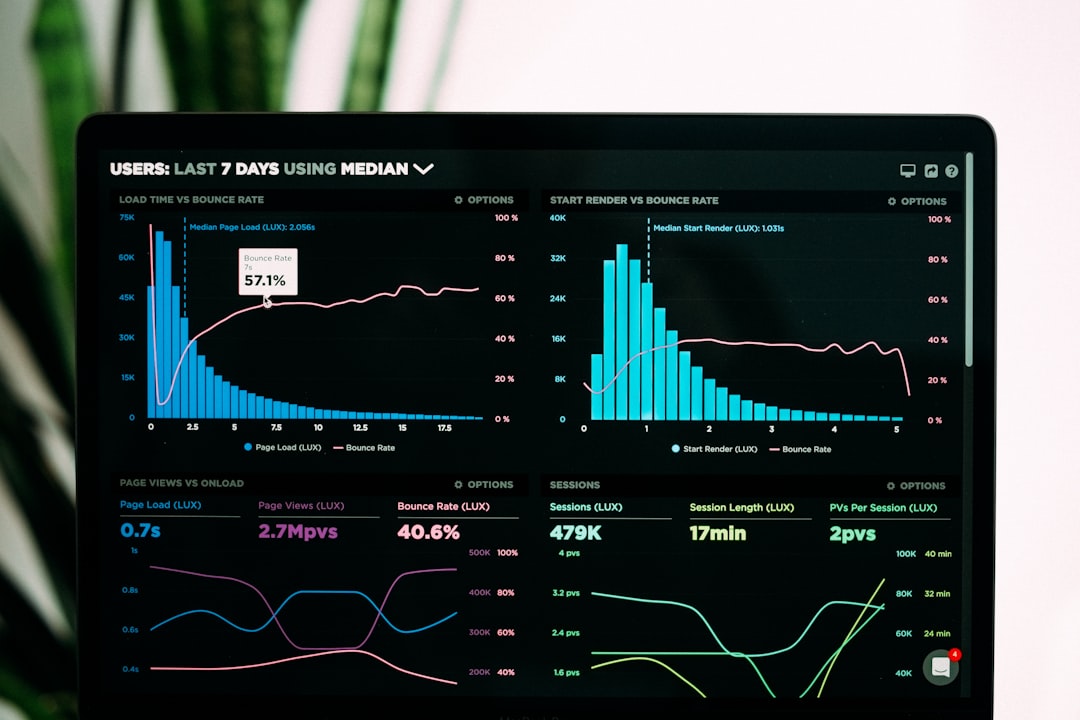If you’re running a UK-based business with a WordPress website, keeping it secure is crucial. WordPress powers over 40% of all websites globally, making it a favorite target for hackers and cybercriminals. Whether you’re an e-commerce site owner or a professional service provider, understanding and implementing WordPress security best practices is not optional—it’s essential to protecting your business, customer data, and online reputation.
Why Security Matters for UK Businesses
UK data protection laws, such as the UK GDPR and the Data Protection Act 2018, place significant responsibility on business owners to keep personal data secure. A breach could not only lead to lost customer trust but also potential fines from the Information Commissioner’s Office (ICO). Hence, WordPress security is more than just good practice—it’s a legal necessity.

1. Keep WordPress Updated
Updates are released regularly to fix bugs, introduce new features, and patch security vulnerabilities. Ignoring these can leave your site open to known exploits.
- Core Updates: Always run the latest version of WordPress.
- Plugins and Themes: Keep all extensions updated, and remove any unused ones.
- Automatic Updates: Consider enabling automatic updates for minor releases.
2. Use Strong Login Credentials
Weak usernames (like “admin”) and passwords are a hacker’s dream. Improve your login security with these tips:
- Unique Usernames: Avoid predictable names like “admin” or your business name.
- Complex Passwords: Use a mix of letters, numbers, and symbols.
- Limit Login Attempts: Prevent brute-force attacks by limiting the number of login tries.
- Two-Factor Authentication: Add this extra layer of security to your admin login.
3. Install a Security Plugin
Security plugins can automate many protective measures and give you insights into potential threats. Top choices for UK businesses include:
- Wordfence Security: Offers firewall protection, malware scanning, and live monitoring.
- Sucuri Security: Includes options for malware scans, blacklist monitoring, and firewall support.
- iThemes Security: Focuses on user activity monitoring, strong password enforcement, and file integrity checks.
4. Use a Secure Hosting Provider
The quality of your hosting directly impacts your WordPress site’s security. Opt for UK-based or GDPR-compliant hosting providers that offer:
- Regular Backups
- Inbuilt Firewalls
- SSL Certificates (preferably included in the package)
Managed WordPress hosting is an excellent option for business owners who prefer experts to handle security-related aspects such as patching, updates, and backups.

5. Backup Your Site Regularly
Backups are your safety net. In the event of data loss or a security breach, a recent backup ensures business continuity.
Make sure to:
- Automate backups through plugins like UpdraftPlus or Jetpack.
- Store backups offsite — not just on your server.
- Test your restore process to ensure backups are viable.
6. Implement an SSL Certificate
An SSL certificate (HTTPS) encrypts data transferred between your website and visitors. It’s essential for securing login credentials, payment details, and other private information. Plus, Google gives a ranking boost to HTTPS websites—so it’s a win-win.
7. Hide WordPress Version Information
Don’t make it easy for hackers to identify which version of WordPress you’re using. Remove version info from your site’s source code to reduce the risk of targeted attacks. This can be done with a few tweaks in your functions.php file or through a security plugin.
8. Enable a Web Application Firewall (WAF)
A Web Application Firewall filters out malicious traffic before it reaches your website. WAFs help block threats like SQL injections, XSS attacks, and DDoS activities before damage is done.
Final Thoughts
WordPress security is not a one-time task but an ongoing process. For UK-based businesses, it’s particularly vital given the regional data protection regulations and growing cyber threats. By taking proactive steps—such as staying updated, using strong credentials, and implementing firewalls—you secure business continuity and customer trust.
Think of your WordPress site like your office premises: you wouldn’t leave it unlocked overnight. Treat your digital presence with the same care. With the right measures in place, you can focus on growing your business, knowing it’s protected from the most common threats.
I’m Sophia, a front-end developer with a passion for JavaScript frameworks. I enjoy sharing tips and tricks for modern web development.
